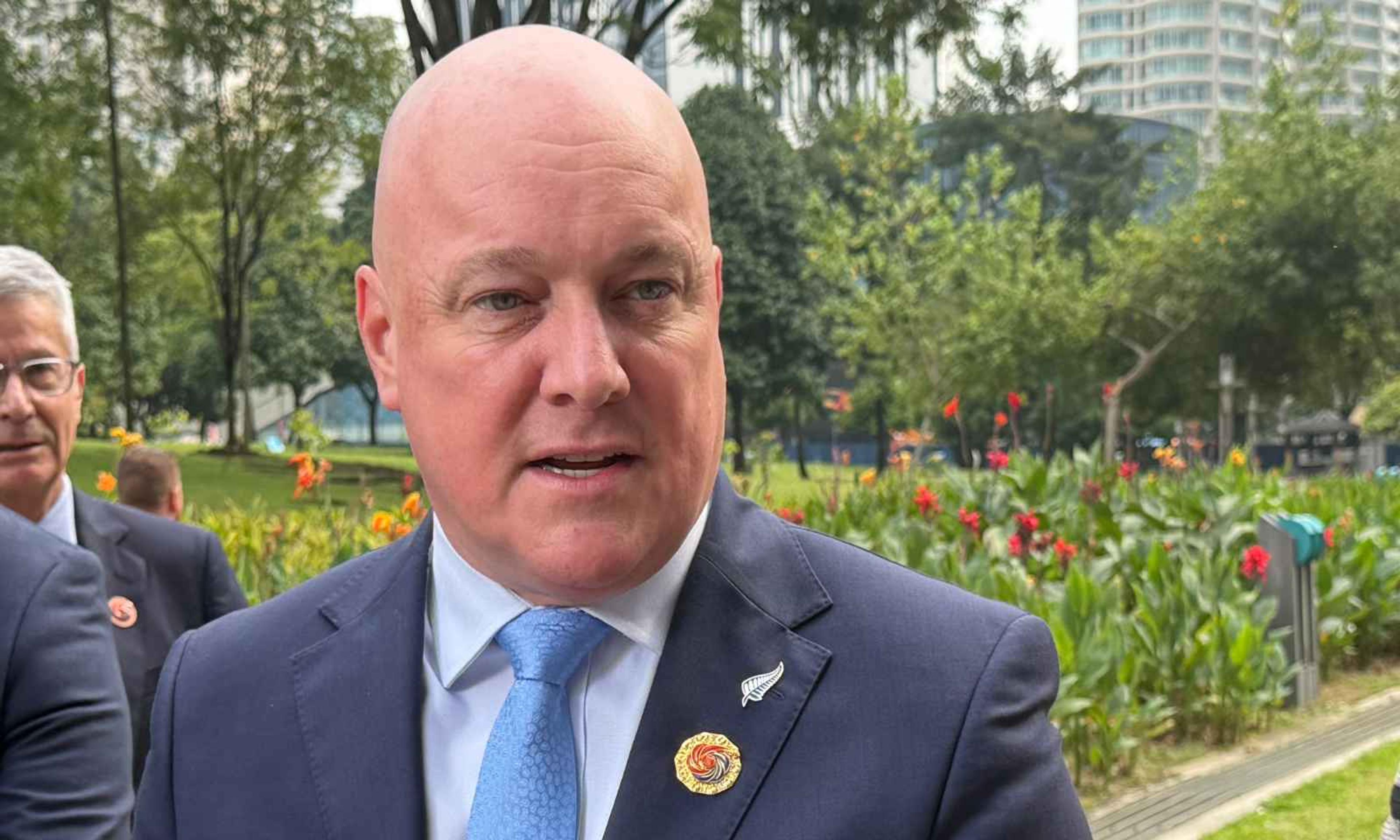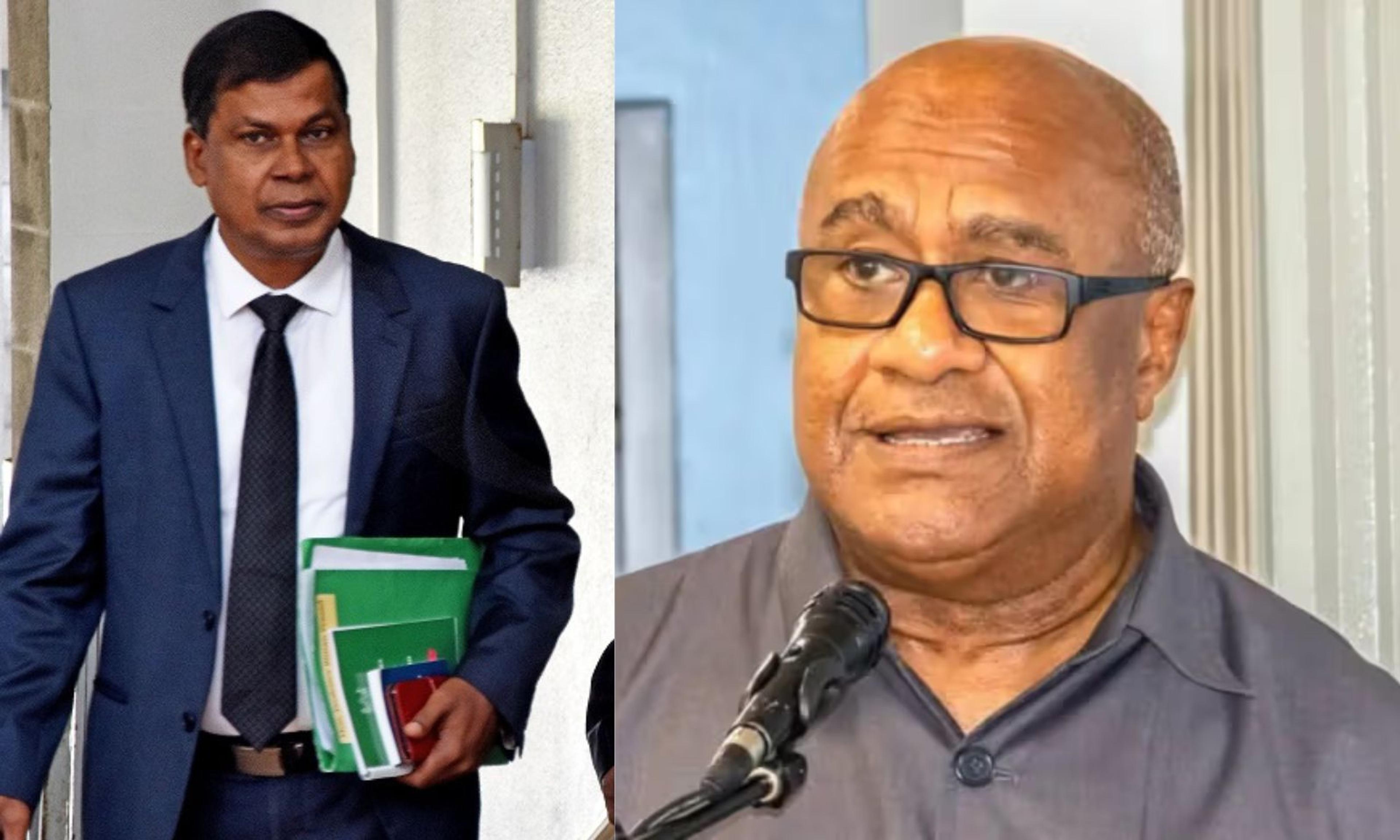

Pacific disability advocate Jade Farrar warns that while the return of flexibility is welcome, tying budgets to previous spending still risks inequities for Pacific families.
Photo/File
Advocate warns disability funding changes must have Pacific voices involved
Jade Farrar warns government plans to overhaul funding could deepen inequities unless families are included in design and the budgets reflect Pacific realities.


Will’s Word: This is why overseas trips matter

Pristine Seas' final Vanuatu expedition finds thriving reefs

After two deputy PMs charged, Fiji scrutinised over political motives, corruption case timing

NZ positioned to boost ties between Pacific and ASEAN at summit

Will’s Word: This is why overseas trips matter

Pristine Seas' final Vanuatu expedition finds thriving reefs

After two deputy PMs charged, Fiji scrutinised over political motives, corruption case timing
A Pacific disability advocate warns that proposed changes to disability funding could exacerbate inequities for Pacific families unless they are involved in the design process and the budgets reflect their specific realities.
Jade Farar welcomes the return of funding flexibility but warns that linking budgets to previous spending may still result in disparities.
From 2026, assessments through Needs Assessment and Service Coordination (NASC) providers will be standardised nationwide, with the needs of family and caregivers included.
Purchasing guidelines will be scrapped, and people using flexible funding will receive a set budget to manage themselves. Budgets will be calculated using spending patterns from June 2023 to June 2025, so they are not unfairly limited by the limitations imposed in March 2024.
NASCs will work with individuals to create personal plans that align with their goals and barriers.
In an interview with William Terite on Pacific Mornings, Farrar warns that while flexibility is welcomed, the ongoing reliance on previous spending data still poses a risk for Pacific families.
Farrar, who is also the Chair of the Enabling Good Lives Leadership Group, explains that Pacific disabled people are generally “low users of disability support services”, despite the prevalence of disability in the Pacific community being around 21 per cent.
“People generally don't take disability services because they are not culturally appropriate and don't typically meet the needs of the family either,” he says. Farrar says these changes will make it easier for families to access the support they need, only if there is “genuine commitment to co-development of the detailed design”.
He mentions Stats NZ reporting that 76 per cent of disabled people report unmet needs, largely due to historical barriers like a lack of culturally sensitive information and a lack of Pacific representation in the co-design process.
“It needs to be culturally appropriate. People need the time and space to understand it in a way that makes sense for them. They need to genuinely have a positive experience as we work on the detailed design.”
Farrar highlights the changes made in March 2024, where the Ministry of Disabled People tightened its rules on flexible disability funding, restricting carers to spend allocations only on wages and no longer on travel, accommodation, or respite services such as massages.
“We have a lot of ground to cover in terms of rebuilding trust in the community. I can't reiterate enough the amount of trauma and hurt that was inflicted by the 18th of March changes,” he says.

Jade Farrar. Photo/Facebook
Minister for Disability Issues Louise Upston says the Government has listened to calls from disabled people for more autonomy over what support and services they need. She also acknowledges the “difficult decisions” made last year.
“Since then, we have done more work to make sure disabled people, their families and carers have a system they can trust and is easy to use. Our Government has made real progress in stabilising services,” Upston says.
“This year’s Budget [funds] $1 billion over four years towards meeting the increasing costs of disability support services, including $240 million for residential care. Now we can confirm the next phase, giving disabled people and their families and carers more clarity, certainty and choice. My absolute priority is to ensure the disability support system is more consistent, transparent, sustainable and fair.”
The staged rollout of these changes is set to begin in February 2026 for new NASC users, extending in April for existing flexible funding users, and in October for those undergoing reassessment.